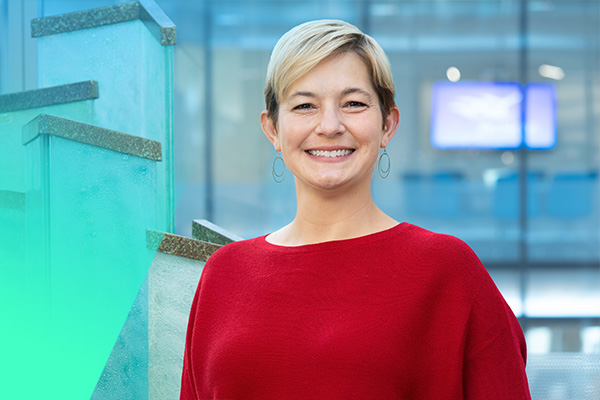Reducing Funding to WHO May Impact Existing Vaccines Programs
Summary
On April 15, President Trump announced his intention to halt funding to the World Health Organization (WHO), pending an investigation into WHO’s response to the COVID-19 pandemic. WHO first declared the outbreak a Public Health Emergency of International Concern on January 30 and a global pandemic on March 11. A reduction in funding from the US could limit WHO’s COVID-19 response activities as well as its regular vaccine programming, including product prequalification, global surveillance, and ongoing efforts to strengthen health systems.As a specialized United Nations (UN) agency, the WHO is broadly directed to coordinate international health programs within the UN system by maintaining effective collaboration across UN agencies, assisting governments in strengthening health systems, providing technical assistance, and—in emergencies—providing necessary aid. The WHO’s program budget is financed through assessed contributions (the dues each member state must pay based on its relative wealth and population) and voluntary contributions (additional amounts provided by member states and private entities that account for the majority of the budget). The WHO’s 2020-2021 program budget called for $4.8 billion, including $863 million for polio eradication. Should President Trump suspend WHO funding, it could mean that over $655 million in US voluntary contributions and over $236 million in assessed contributions could be halted, based on the US’s 2018–2019 contributions, 7.7% of which funded programs for vaccine-preventable diseases and 27.4% used for polio eradication programming. Nearly 65% of the US’s contributions funded polio eradication and HIV and hepatitis prevention programs, essential health and nutrition programs, and a variety of health system strengthening initiatives.
Voluntary member-state contributions, as opposed to assessed contributions, account for over two-thirds of the WHO’s overall program budget and help finance programs for vaccine R&D, product review, and infectious disease surveillance. These programs include:
- Prequalification (PQ): The WHO provides advice to the UN Children’s Fund (UNICEF) and other UN agencies on vaccines considered for purchase. The WHO’s PQ program evaluates the quality, safety, and efficacy of vaccines, including compliance with the WHO’s recommended standards for good manufacturing practices. The WHO PQ is required before manufacturers can contract with any UN agency or Gavi, critical vaccine purchasers that ensure global vaccine access in a host of low- to middle-income countries.
- Global Influenza Programme (GIP): The WHO’s GIP provides member states with strategic guidance and technical support and coordinates global activities in response to seasonal and pandemic influenza. Under the GIP, the WHO launched its Global Influenza Strategy in 2019, guiding the international community’s activities in response to seasonal influenza and in preparation against pandemic influenza through 2030.
- Pandemic Influenza Preparedness (PIP): As part of the WHO’s ongoing influenza programming efforts, the WHO successfully adopted the PIP Framework in 2011, a public-private partnership established to facilitate the sharing of influenza viruses and strengthen member states’ response capacities. Through an annual contribution to the WHO by influenza vaccine manufacturers who use the WHO Global Influenza Surveillance and Response System (GISRS), the WHO supports member-state lab and surveillance system development, regulatory capacity building, and pandemic planning. Using its base budget, the WHO’s World Health Assembly (WHA) oversees the Framework’s implementation and has a dedicated PIP Framework Advisory Group that conducts necessary monitoring and evaluation to provide additional guidance to WHA and the director-general.
- Global Surveillance: Member-state contributions also fund the WHO’s regular monitoring and surveillance activities, including the GISRS. Using surveillance data collected in GISRS on the circulating strains, the WHO annually recommends the virus composition, effectively governing the strains to be included in each year’s influenza vaccine.
As the WHO continues its ongoing vaccine-preventable disease programs, it remains heavily reliant on member states’ voluntary and assessed contributions. Suspending US funding may impact the WHO’s ability to carry out its programmatic objectives, including its emergency response and R&D efforts.
To receive Avalere updates, connect with us.
Check out our COVID-19 Intel Center.




